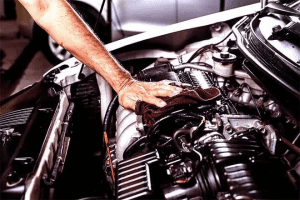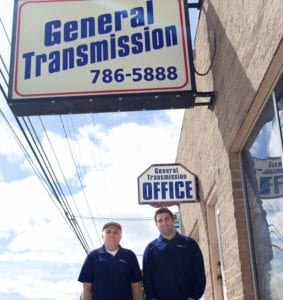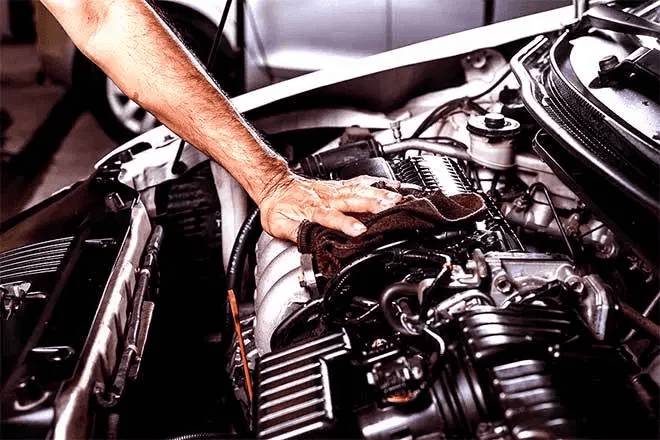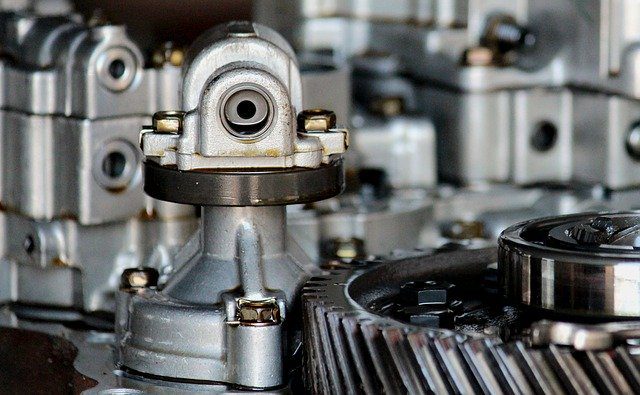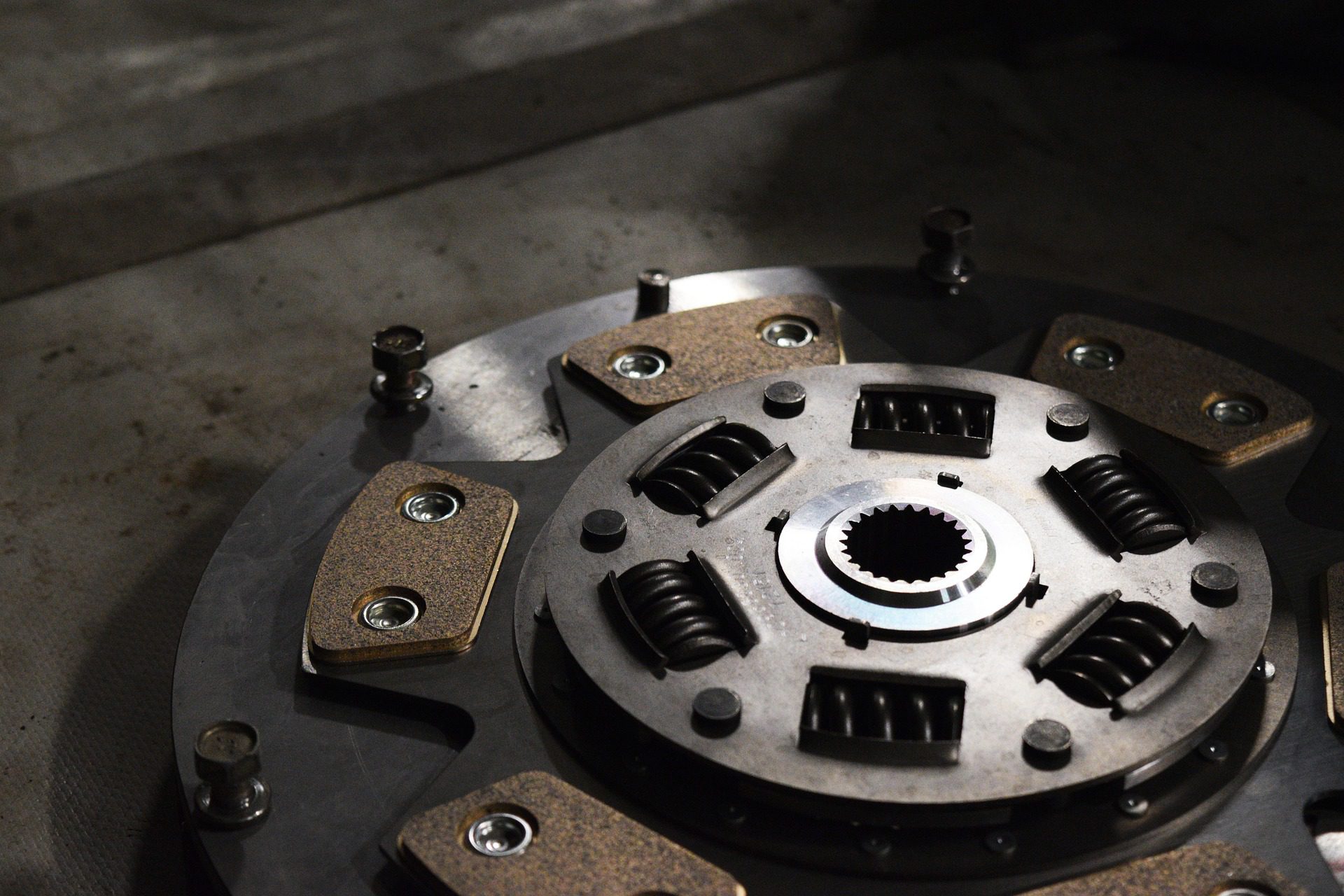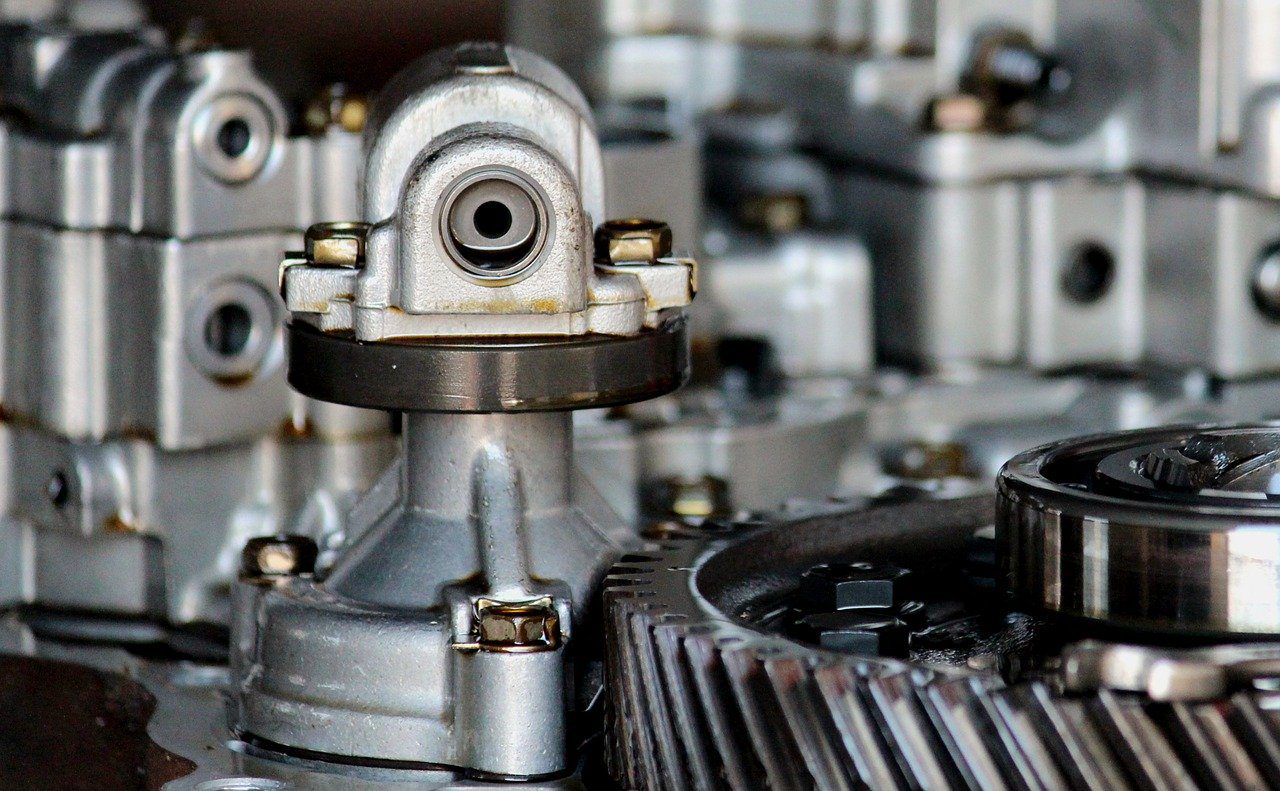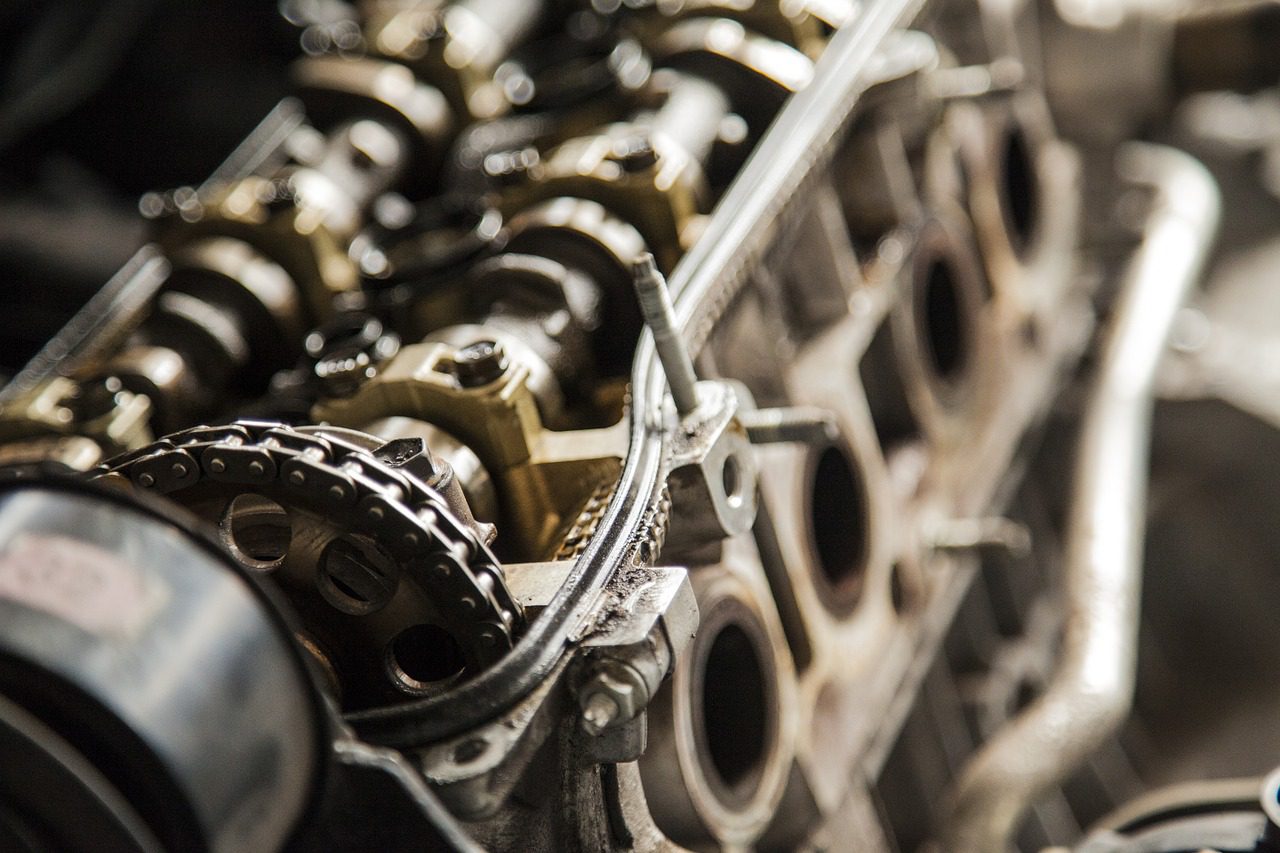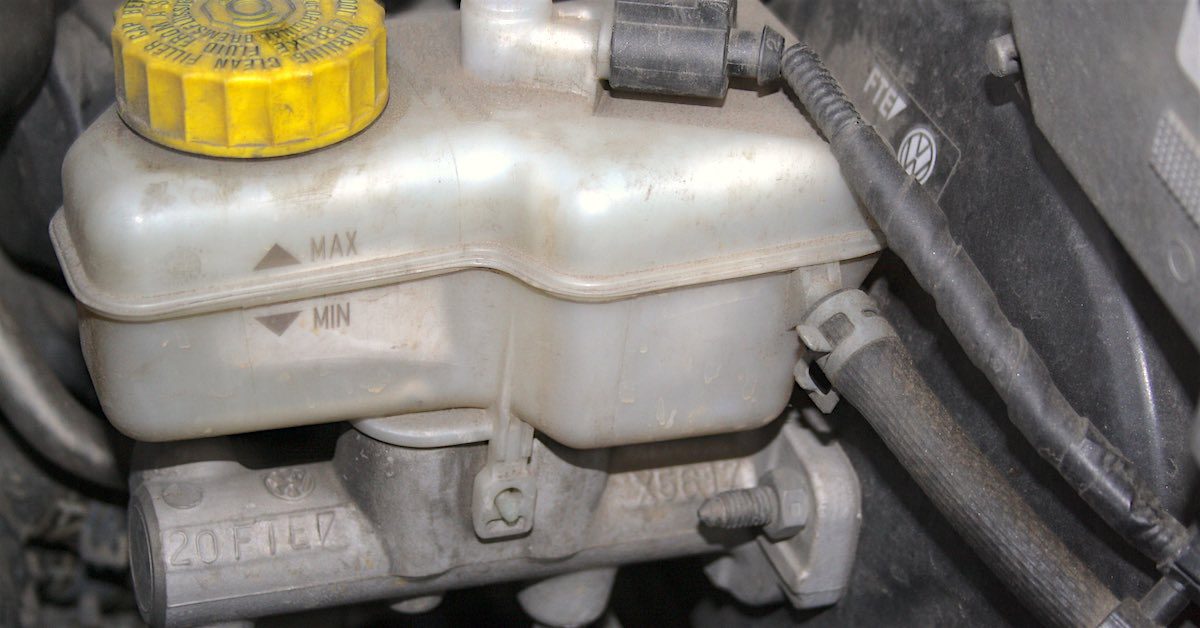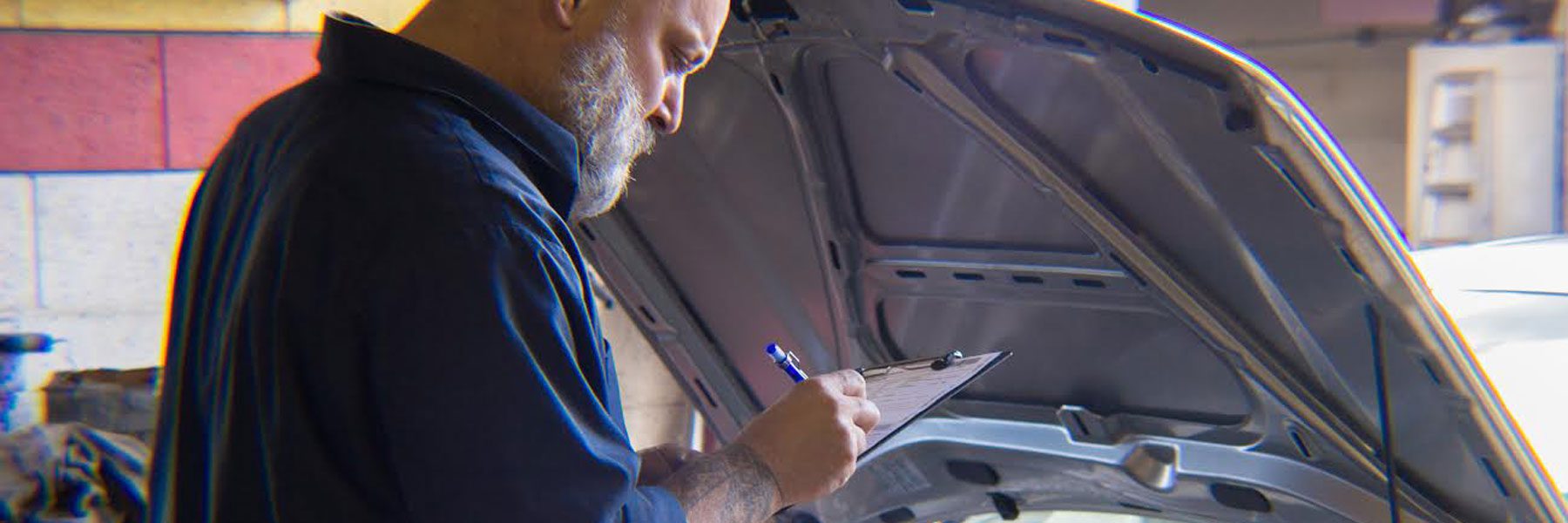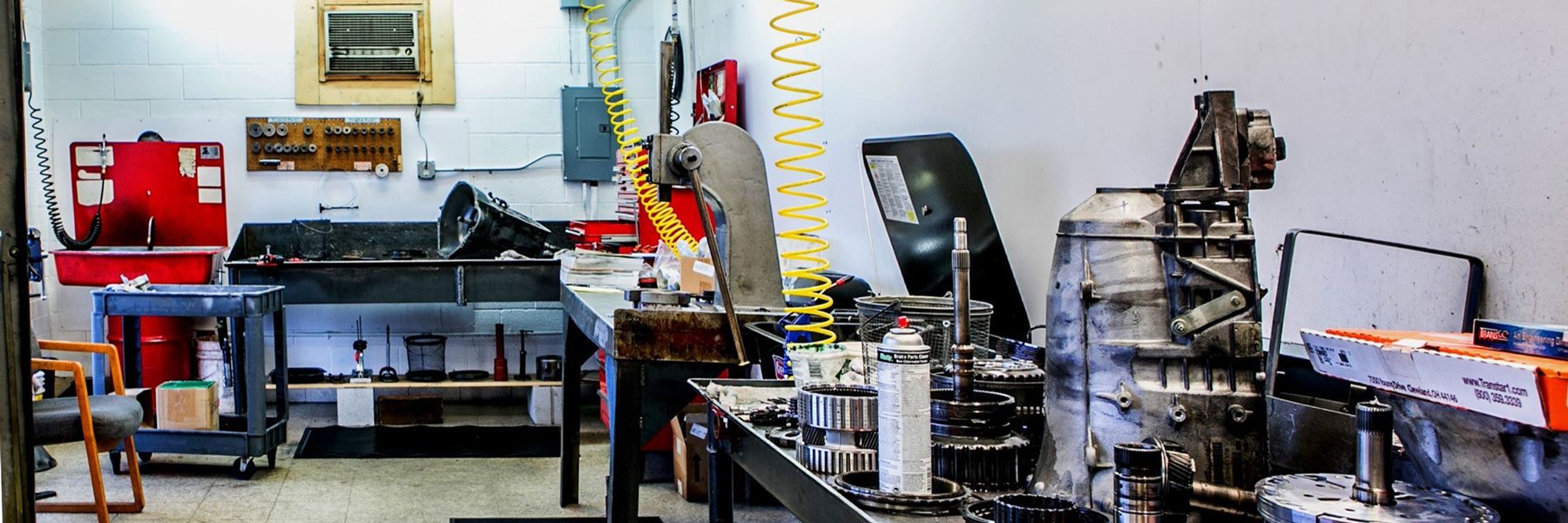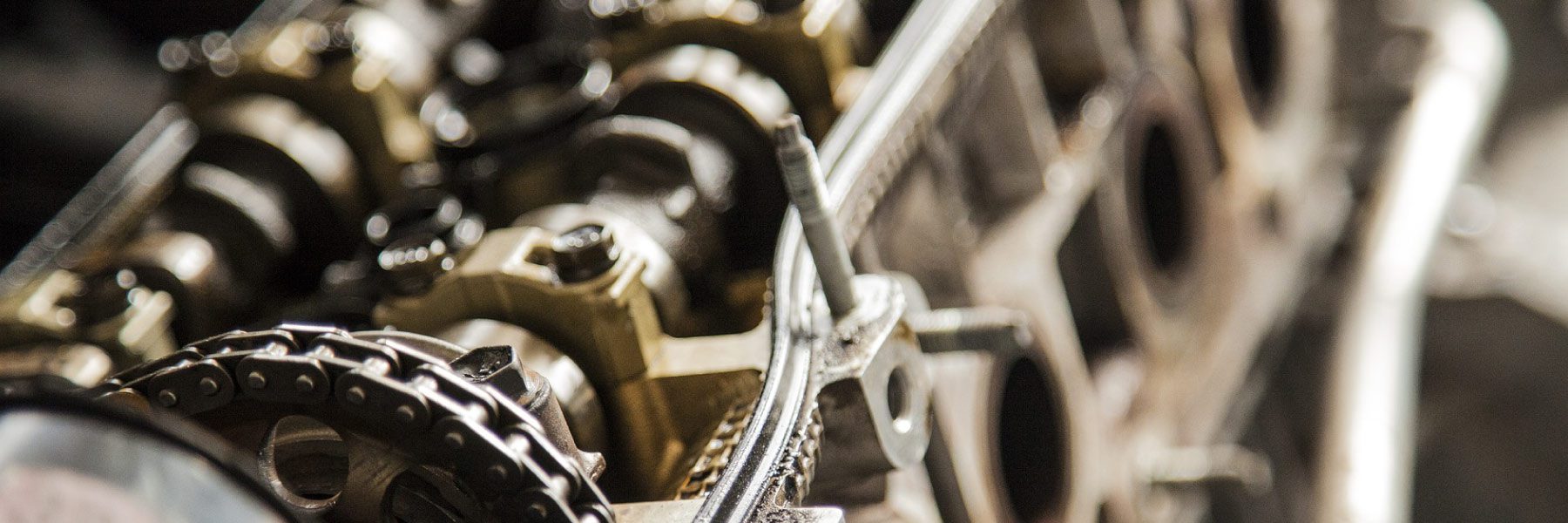While it may surprise you, your vehicle functions similarly to the human body. When you get sick and don’t take care of yourself, your health typically gets worse. Sometimes, it can affect other parts of your body too. Likewise, when you are seeing transmission failure signs, not taking care of the issues will make it worse. It can also affect other parts of the vehicle such as the driveshaft and suspension.
A vehicle’s transmission is key to its mobility and in order to keep it properly functioning, it’s important to know what the transmission failure signs look like. Take a look at some of the key signs and how you can get ahead of them to prevent your vehicle from having a serious mechanical issue later on.
8 Tips to Prevent Your Transmission from Failing
#1 Check Your Transmission Fluid Regularly
One of the easiest ways you can prevent transmission failure is by regularly checking the transmission fluid level, color, and smell of your vehicle. In order for your transmission to function properly, it requires a certain type of fluid to keep the gears lubricated and prevent them from grinding. If the transmission fluid levels get too low, the gears will begin to grind against one another and cause damage within the transmission and its other components. Also, keep in mind that there are different types of transmission fluids for different types of vehicles. Be sure to check your owner’s manual to determine which type of transmission fluid is recommended for your vehicle as this can also affect the gears and cause damage to the transmission.
- To check your transmission fluid, first, begin by starting the engine. To accurately check the fluid level and color, the liquid must be tested while warm. So, park your vehicle on a flat, level surface and leave it idling.
- Next, pull out the dipstick, wipe it clean, replace it slowly, and then pull it back out. Check to see how high the fluid comes up on the dipstick to determine its level (Note: there are lines for “low” and “high” labeled on the dipstick to make this more clear).
- Then, take a clean, preferably white or light-colored rag, and wipe the dipstick to check its color. If your fluid is in good condition, it should have a reddish-pink color. And if it’s getting to the point of needing replacement, the color will turn brownish-red or have noticeable dirt and other contaminants.
#2 Always Properly Switch Gears
Changing gears properly is essential to keep your transmission running and functioning as it should. Your transmission is a delicate mechanism and shifting between gears improperly can lead to serious damage. Most of the time this is unintentional, like if you accidentally hit the gear shifter into reverse when you’re driving or skip 2nd and go straight to 3rd. However, it’s also very common for drivers to shift into park while their vehicle is still in motion. Regardless of which gear is changed, it’s important that you do so at the appropriate time. To avoid putting unnecessary wear and tear on your transmission, try being more conscious when changing gears.
#3 Use Your Parking Brake
Another way to prevent unnecessary wear and tear on your transmission is to always engage your parking brake when putting your vehicle in park, especially when on an incline. Although most vehicles have a pawl, or pin that prevents rolling and keeps the vehicle stationary when in park, you shouldn’t rely solely on this mechanism to keep your vehicle in place. The pawl is easily worn out and is prone to failure when not used in conjunction with the parking brake.
The parking brake ensures that the vehicle will remain stationary and gives your transmission the brake it needs to function properly.
#4 Avoid Overheating Your Transmission
Heat is a transmission’s greatest weakness and is one of the leading causes of failure. Excessive heat in or near the transmission can lead to overheating which may result in ruptured seals, cracked or damaged gears, slipping bands, inoperable solenoids, and bearings that fail. All of these concerns can lead to transmission failure and possibly additional mechanical problems. To make sure that your transmission doesn’t overheat, it’s important to periodically check for leaks and top your fluid levels off at regular intervals as specified by the vehicle manufacturer.
#5 Don’t Overload Your Vehicle
Overloading your vehicle by towing beyond your vehicle’s capacity can lead to unnecessary strain on the powertrain transmission which often causes it to overheat. As stated above, it’s vital that you do everything possible to prevent this from happening. One way to do that is to avoid putting excess weight in or on your vehicle. You’ll avoid failure or a mechanical malfunction by simply following the towing capacity set by your manufacturer.
#6 Let Your Vehicle Warm Up
You’ve probably heard that you should let your vehicle warm-up in the morning on days where temperatures are quite low, but do you know why? Warming up your vehicle for just 30-60 seconds will help the transmission fluid and oil flow through all of the gears to prepare them for driving. It’s key to allow your transmission to get all of its fluids moving before taking off so that all of the moving pieces are properly lubricated and don’t grind together. So, be sure to warm-up your vehicle on those chilly mornings to prevent any issues.
#7 Have Annual Powertrain Transmission Check-Ups
During a transmission service, the transmission fluid is drained and then replaced using new fluids. This helps remove dirt and contaminants such as metal shavings that build up within the transmission. If the transmission fluid is full of contaminants, the parts inside the transmission will stop functioning properly and could lead to even bigger problems later on. It’s important to have your transmission regularly serviced so you can avoid a powertrain repair cost.
#8 Never Ignore Transmission Failure Signs
It’s not common for your transmission to fail without first showing signs of a problem on the rise. Typically, signs first occur with minor issues that eventually turn into larger issues. So it’s important to notice when your vehicle is trying to tell you that something is wrong. Many of the clues your vehicle will give you can be easily detected using your senses including smell and hearing. Commonly, when there is an existing transmission concern, you’ll hear screeching, grinding, or clanking noises, see transmission fluid leaking from your vehicle, or will smell something burning.
For a full list and description of transmission failure signs to look out for, check out this blog.
Performance Transmissions
General Transmission is Reno’s premier performance transmission repair shop. Even Fallon locals will come out to us for a transmission repair! We have the best manual and automatic transmission repair Reno has to offer. Not only are we experts at spotting transmission failure signs and repairing the components that are causing problems, but we’re also proficient in replacements too. Bringing your vehicle into our shop for routine maintenance and regular transmission services will help prevent failure in the future. If you have any questions or are in need of a transmission repair, give General Transmission a call today. We’re a family-owned transmission repair shop built on values and integrity and we’re more than happy to answer any and all questions.
Connect with us today to make an appointment or request a quote!
Get a Transmission Repair Cost
 After Hours Contact
After Hours Contact Finance OPtions
Finance OPtions